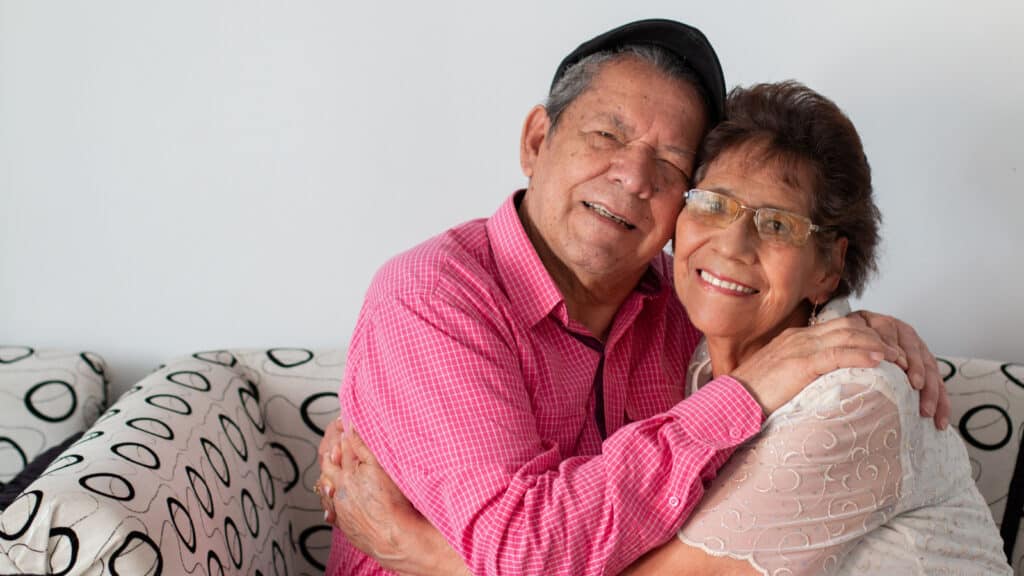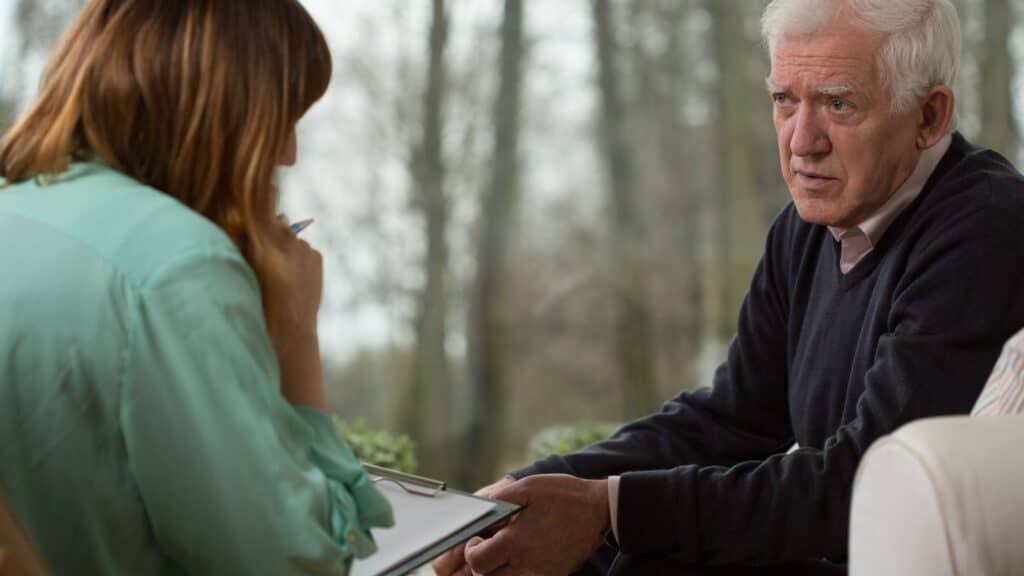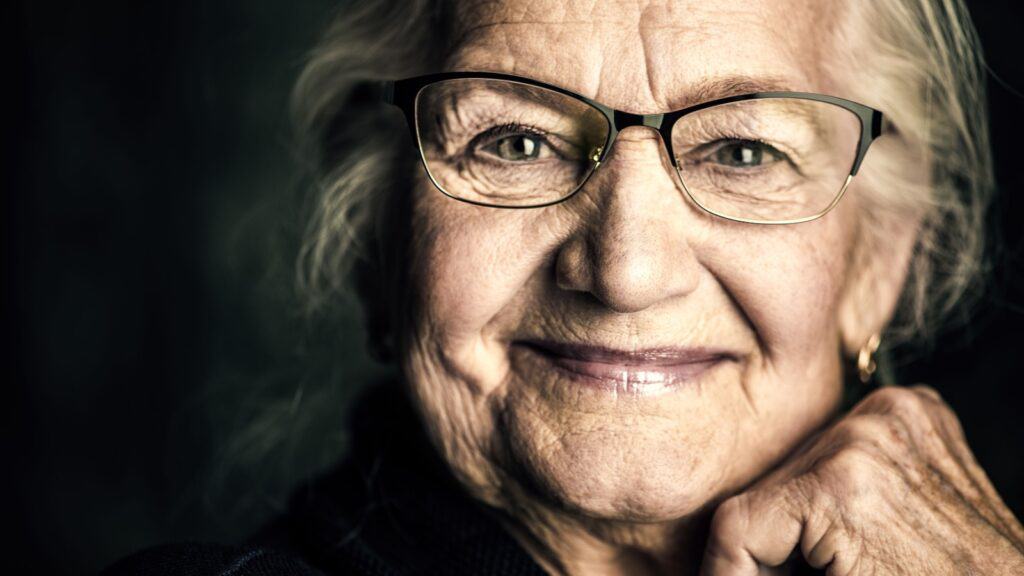Dating a Widower? 11 Valuable Guidelines To Follow For A Successful Relationship
Dating a widower can be a deeply rewarding experience, but it also comes with its own set of challenges. Do you address the past? What are red flags? How does independence look different, or does it? Here are some guidelines to consider when entering into a relationship with a widower.
Take Things Slowly

It’s important to take the relationship at a pace that feels comfortable for both parties. A widower may need more time to process their grief and may not be ready to fully commit to a new relationship right away.
Communicate Openly

Open and honest communication is crucial. Encourage the widower to share his feelings about his loss and be open about your own feelings and expectations in the relationship.
Be Understanding of Grief

Grief doesn’t follow a predictable timeline and can often resurface unexpectedly. Be understanding if the widower experiences waves of grief and be supportive through these times.
Respect the Past

Acknowledge and respect the relationship the widower had with his deceased spouse. Understand that love and grief can coexist, and the past relationship will always be a part of the widower’s life.
Set Boundaries

It’s important to establish boundaries that are comfortable for both of you, especially regarding how the late spouse is remembered and how you both manage significant dates like anniversaries or birthdays.
Be Prepared for External Challenges

Be prepared for potential challenges from external sources, such as reactions from children, family members, or friends of the widower who may have their own grieving processes or expectations.
Seek Support

Don’t hesitate to seek support for yourself or dating partner. Dating a widower can bring up complex emotions, and it might be helpful to talk to a counselor or join a support group if you find it overwhelming.
Enjoy New Experiences Together

While it’s important to be sensitive to the past, it’s equally important to build new memories and experiences together. This helps establish a unique bond between you two.
Watch for Red Flags

Be mindful of any red flags, such as the widower not being able to discuss anything but his late spouse, or completely avoiding the topic. Both extremes can indicate unresolved grief which might need professional attention.
Maintain Independence

Ensure both of you maintain your independence. This can help keep the relationship healthy and prevent feelings of being overwhelmed or lost in the relationship dynamics.
Be Patient and Flexible

Patience and flexibility are key. The journey of grief is not linear, and being understanding and flexible with the widower as he navigates his emotions can strengthen the relationship.
The Takeaway

By following these guidelines, you can help foster a supportive and loving relationship that respects both the past and the present. It is never too late to love!
The Beauty Of Second Marriages: Why Round Two Often Triumphs

It turns out that second marriages often emerge as the true gems, exceeding the sense of fulfillment and contentment found in the initial journey down the aisle. But what makes these unions stand out? Let’s explore the compelling reasons why second marriages often feel like a breath of fresh air. READ: The Beauty Of Second Marriages: Why Round Two Often Triumphs
Unlocking The Secrets Of Longevity: Do We Stop Aging At A Certain Point?
 Image credit Ruslan Huzau via Shutterstock.
Image credit Ruslan Huzau via Shutterstock.
In the field of gerontology, a captivating phenomenon known as the Mortality Plateau has ignited a flurry of scientific inquiry. This intriguing occurrence suggests that beyond a certain age threshold, the rapid acceleration of aging appears to cease, leading to a leveling off of mortality rates. Research into this phenomenon unveils a wealth of insights into the intricacies of human longevity. READ: Unlocking The Secrets Of Longevity: Do We Stop Aging At A Certain Point?
Science Tells Us What To Expect As We Age: Strategies For Thriving In Later Life
 Image credit Kiselev Andrey Valerevich via Shutterstock.
Image credit Kiselev Andrey Valerevich via Shutterstock.
Aging gradually alters people over decades, a long period shaped by individuals’ economic and social circumstances, their behaviors, their neighborhoods, and other factors. Also, while people experience common physiological issues in later life, they don’t follow a well-charted, developmentally predetermined path. Let’s take a look at what science has told us to expect. READ: Science Tells Us What To Expect As We Age: Strategies For Thriving In Later Life
Join Us
 Image Credit The Queen Zone
Image Credit The Queen Zone
Join us on this empowering journey as we explore, celebrate, and elevate “her story.” The Queen Zone is not just a platform; it’s a community where women from all walks of life can come together, share their experiences, and inspire one another. Welcome to a space where the female experience takes center stage. Sign up for our newsletter so you don’t miss a thing, Queen!







